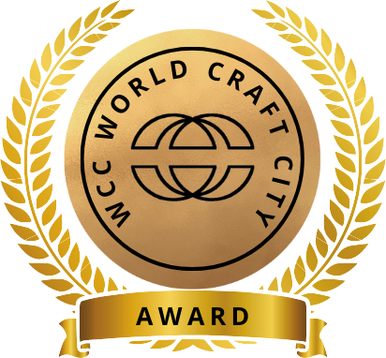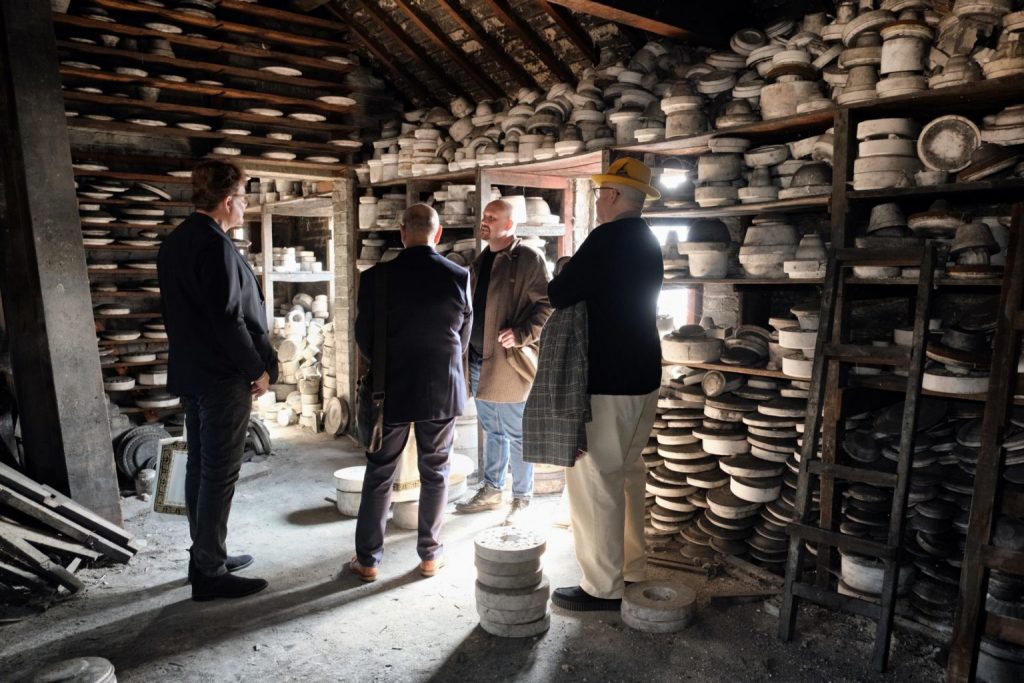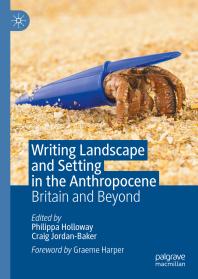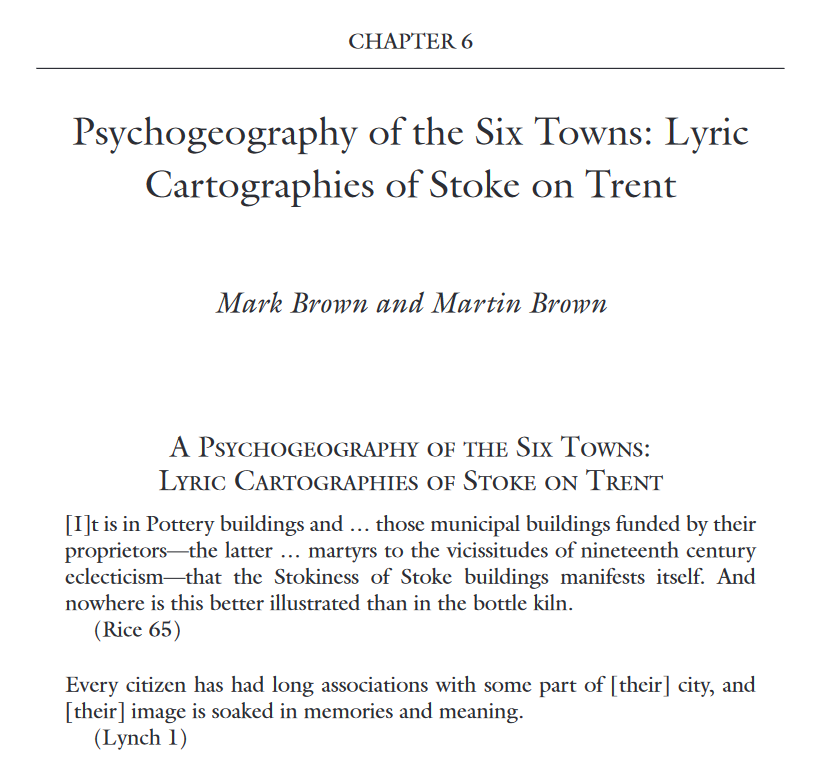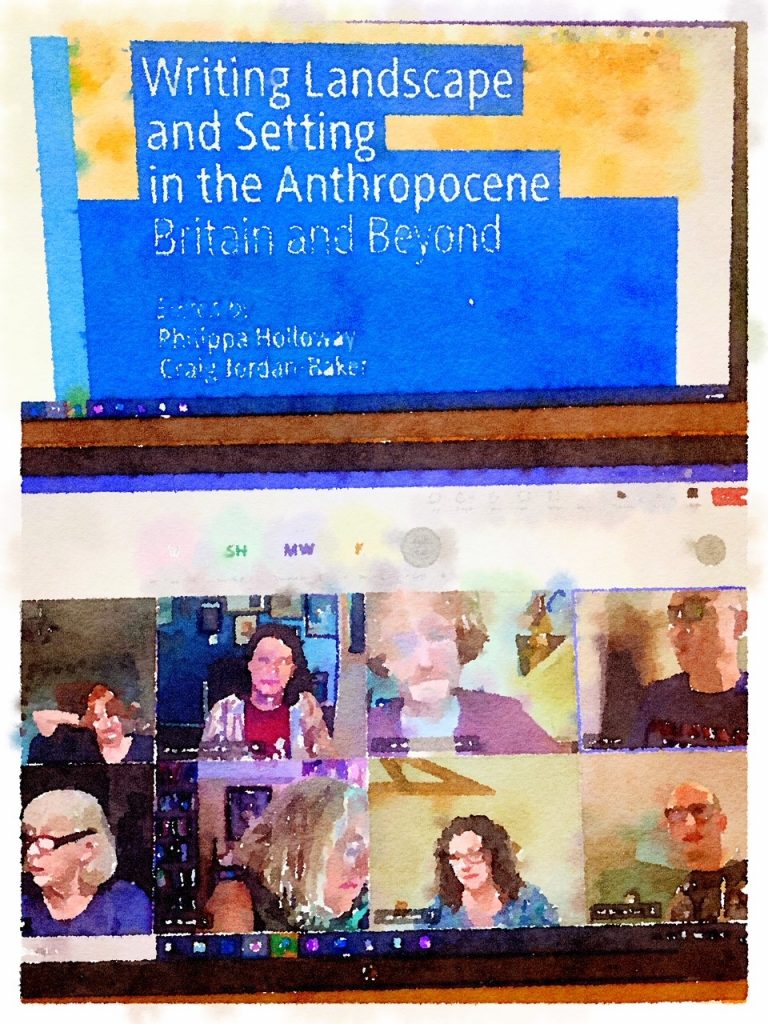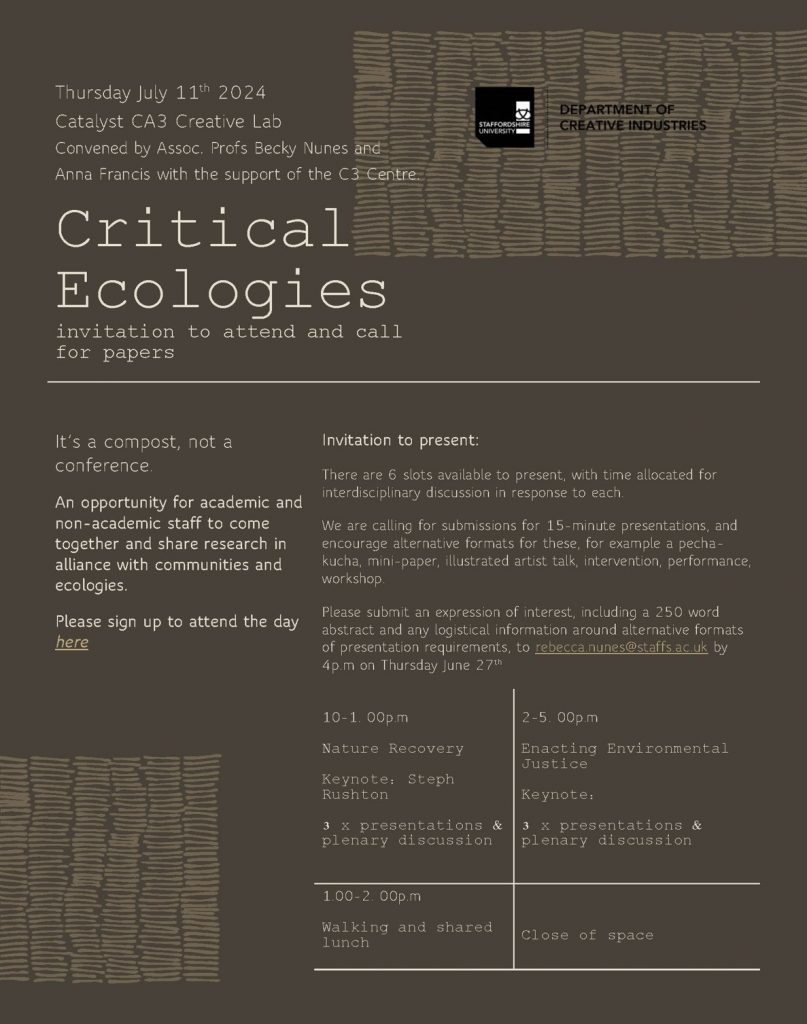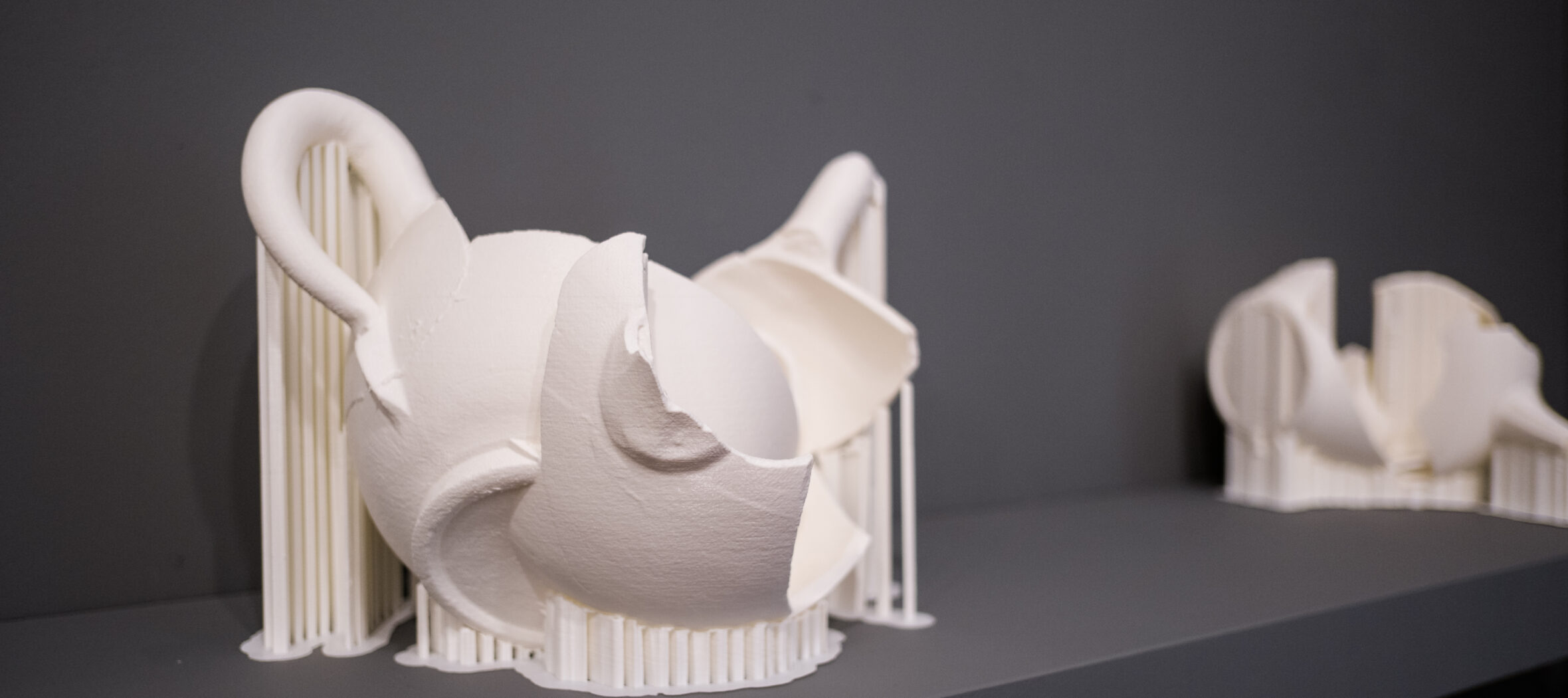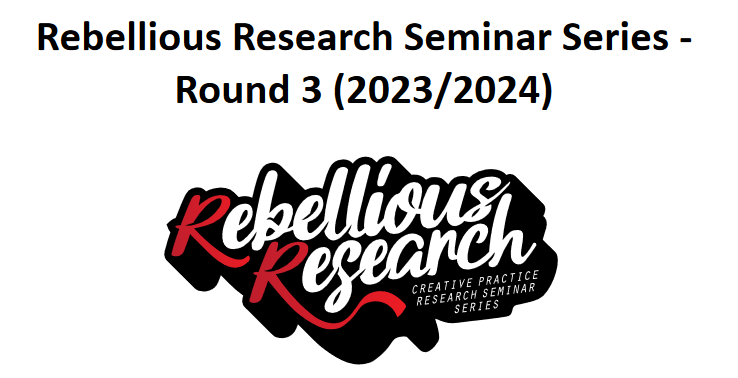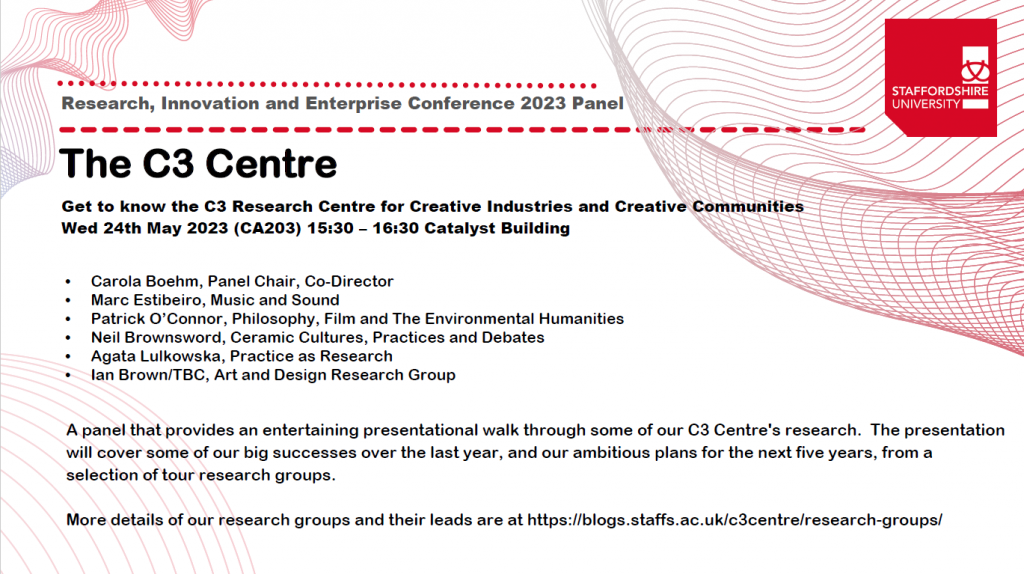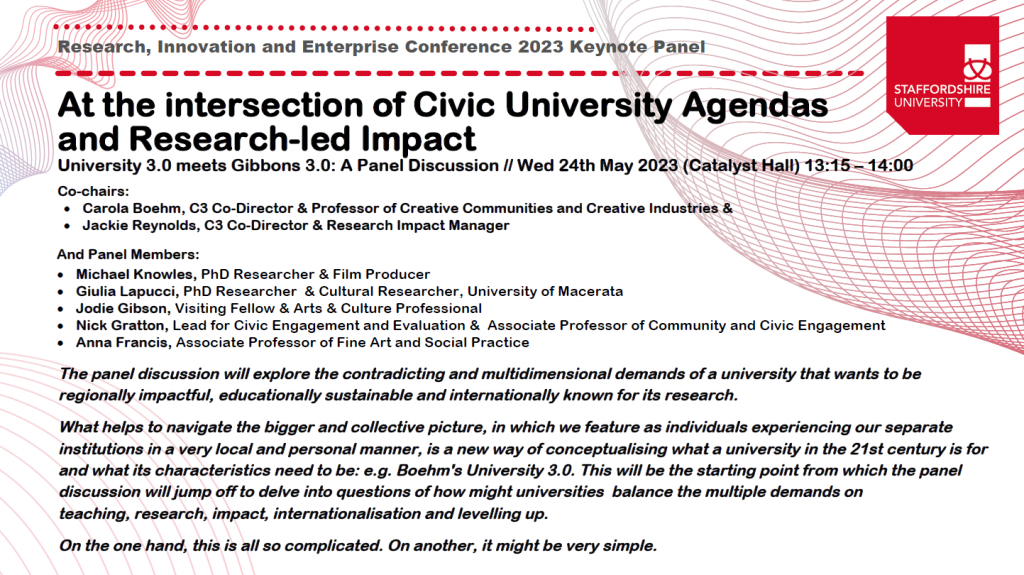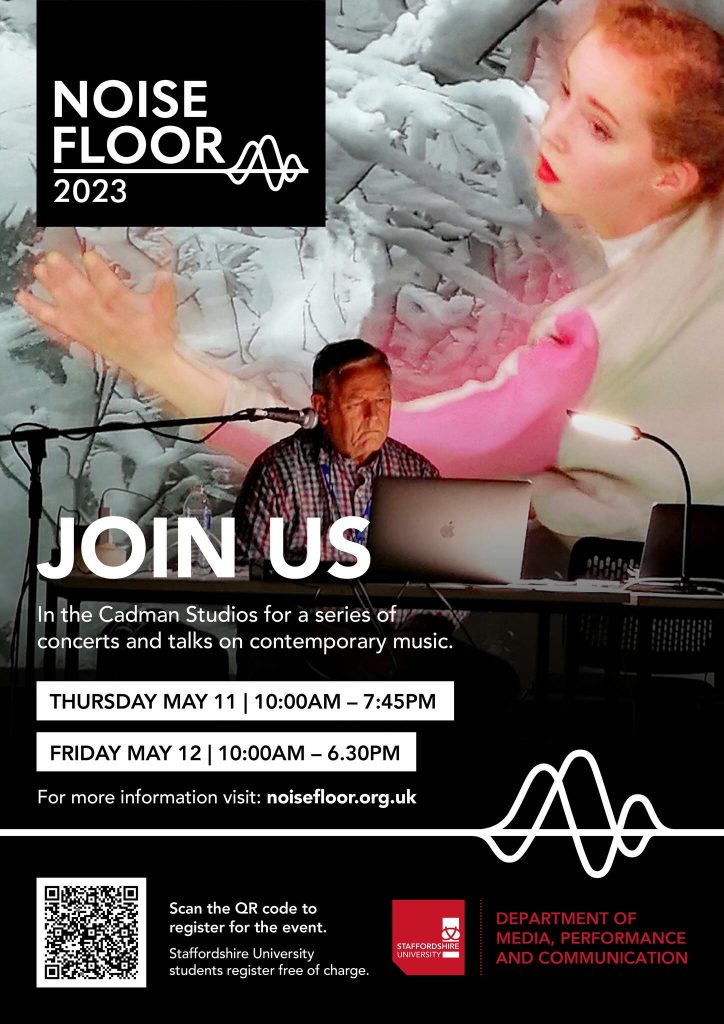
The deadline for submitting abstracts for EPOD 2025 Conference is fast approaching. Don’t miss your chance to be a part of this year’s conference!
This conference cements a partnership of EPOD with Routledge. For this year’s conference Morley College London is partnering with the University of Staffordshire, Leeds University, and the University of South Florida. In this conference, academics, researchers and practitioners will share and disseminate research and experience of teaching, learning and training through podcasts.
The focus of the conference this year will be Between entertainment and education: balancing media industry expectations within educational contexts.
We invite you to submit a paper abstract of 300-500 words to be reviewed for inclusion in the conference programme. This should be submitted by 28/02/2025 and you can find the Call For Papers here. Note that this is an in-person conference and it will not be possible to present online.
Presenting authors will be given the opportunity to submit a paper for peer review and consideration for the next Routledge publication.
A publication from last year’s conference contributors is in press and will be published by the time this conference rolls around!


We would really appreciate it if you could help spread the word about EPOD over email to anyone who may be interested, and social media. You can follow, like and share our social media posts on Instagram, X and Facebook, as well as sharing the Call for Submissions to networks.
Many thanks again, looking forward to seeing you in June 2025!
Warm regards,
The EPOD Team
- Camilo Salazar, Morley Radio/Morley College London, UK
- Professor Carola Boehm, University of Staffordshire, UK
- Tim Canfer, Keele University, UK
- Joanna Duchesne, Morley College London, UK


